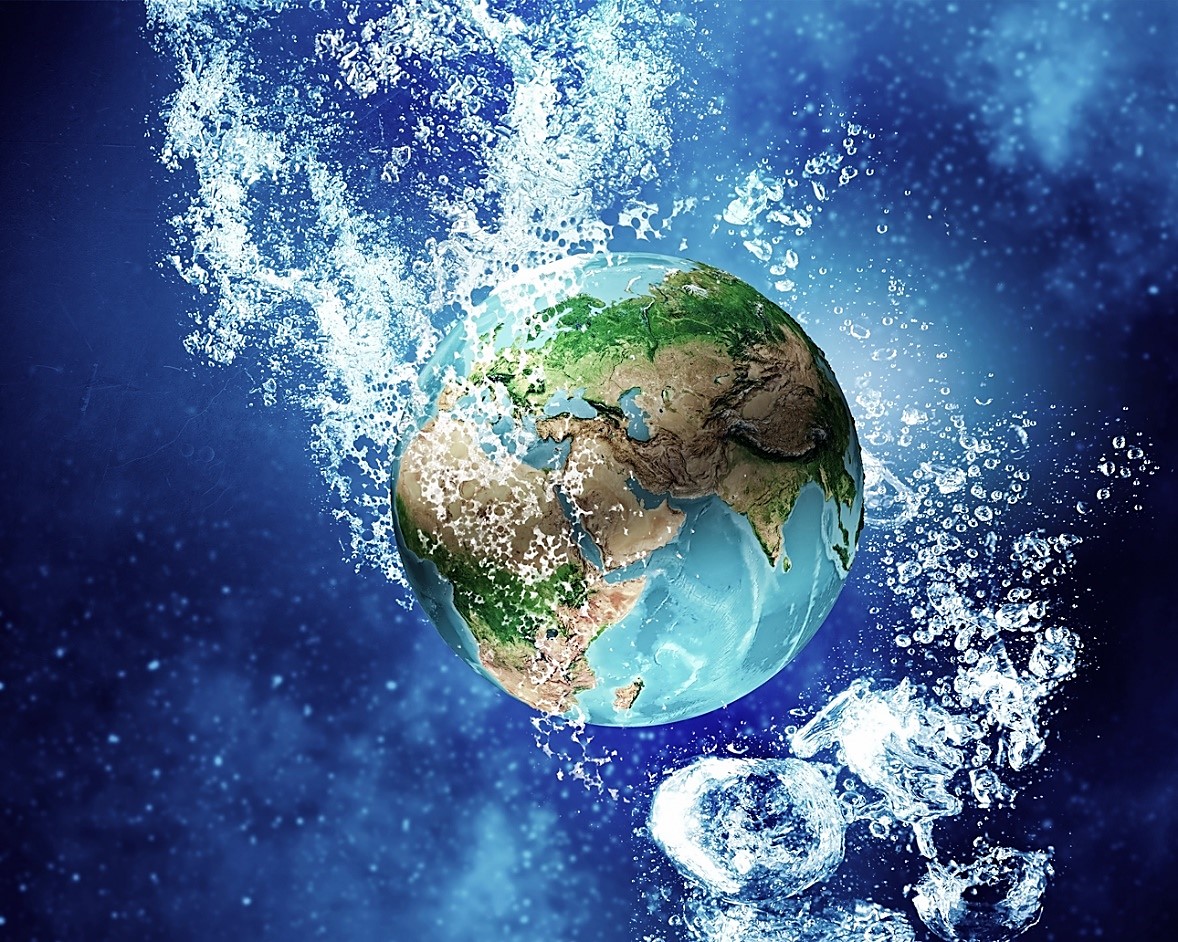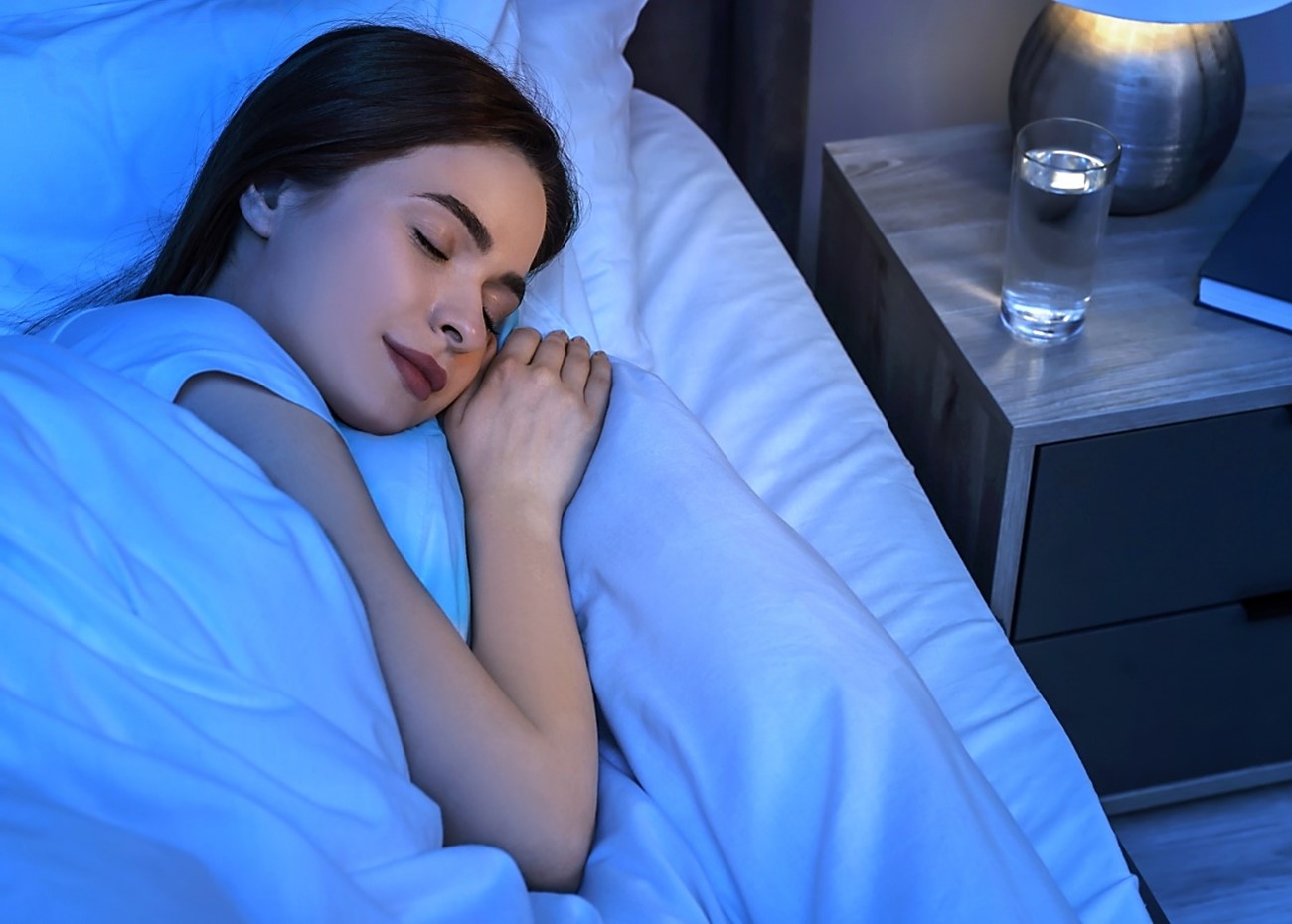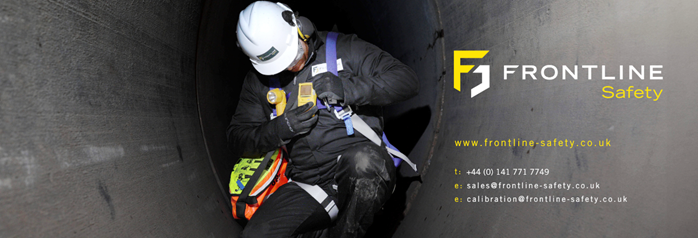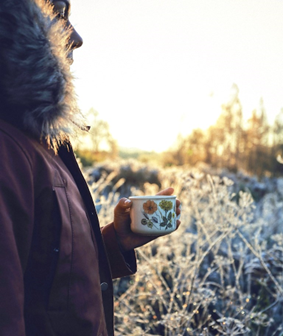
by Fern Shaw | Apr 15, 2024 | water cooler, Water Coolers
We’ve given quite a bit of attention to British trivia over the years for good reason. Trivia is interesting, fun, it keeps your brain active and just as important, it provides you with a wealth of interesting knowledge you can impart to your colleagues, workmates, clients and customers whenever you head off to replenish your drinking water at your water cooler station.
In the spirit of keeping with this tradition, here are a few updated trivia titbits for your entertainment.
Architecture
In 2021, the Smallest House in Britain, located in Conwy, North Wales, also known as Quay House, received a new addition to its living space for the first time in 400 years – a sofa. We don’t like to boast, but we’re sure we could fit one of our tabletop water coolers or Instant Taps in the House.
Geography
Mind the gap. The distance between Britain and America is widening by one and a half inches a year as upwelling in the Mid-Atlantic Ridge pushes tectonic plates apart.
Science & Nature
A blue whale can hold up to 5,000kgs of water in its mouth. As much as select of our range of water coolers have the capability to constantly supply refreshing drinking water to large organisations, we regret we’re not able to provide blue whale water coolers. Also … saltwater.
I think it’s safe to assume that here at AquAid, we like trivia. It may be as we understand the connection between cognitive function and how drinking water keeps one in tiptop trivia retaining knowledge mode – aside from being able to perform better throughout the working day of course – almost as important!
Sources: House Beautiful Mail Online Blue Whale

by Fern Shaw | Mar 20, 2024 | Hot Water Taps, instant tap, mains fed water cooler, water cooler, water cooler, Water Coolers
The theme for World Water Day, 22 March 2024, is ‘Water for Peace’, which focuses on the critical role water plays in the stability and prosperity of the world.
According to UN-Water, ‘when water is scarce or polluted, or when people have unequal or no access, tensions can rise between communities and countries.
More than three billion people worldwide depend on water that crosses national borders. Yet, out of 153 countries that share rivers, lakes and aquifers with their neighbours, only 24 countries report having cooperation agreements for all their shared water.
By working together to balance everyone’s human rights and needs, water can be a stabilising force and a catalyst for sustainable development.’
The good news is that even if you are not directly involved in this year’s World Water Day, as an AquAid customer, you are helping with the continued implementation of sustainable water projects which help provide potable water, water to grow crops and water for productive use for thousands of communities in water poor regions across Africa. These safe water resources, often built in areas accessed by multiple communities, can help to minimise conflict which may arise from insufficient and unsafe water sources.
With each mains water cooler installation and every bottle of water purchased, we donate a portion of that revenue to the charities we have supported for over twenty-five years: Christian Aid, since 1998 and The Africa Trust – an AquAid founded charity – since 2010.
If you are not yet an AquAid customer but appreciate how we work, we will be more than happy to help introduce you to our range of water dispensers, bottled water coolers, hot water boilers and Instant Taps offering hot, cool or chilled water.

by Fern Shaw | Mar 14, 2024 | water cooler, Water Coolers
It’s World Sleep Day this week. The day is dedicated to bringing attention to the vital role adequate sleep plays in maintaining health and well-being. With millions of Britons suffering from a similar ailment – an inability to get enough sleep – we look at how good hydration can assist in creating better sleep.
Does drinking enough water aid our ability to sleep better?
The short answer is, yes it does.
How so?
During deep sleep, your body works to repair muscle, organs and other cells. Chemicals that strengthen your immune system start to circulate in your blood. If you are properly hydrated, your body is better fuelled, more easily able to effect these vital repairs.
How soon before bed should you drink water?
The rule of thumb is not to drink lots of water (or any liquids) at least two hours before bed. Ideally the bulk of your water consumption should be during the day or well ahead of bedtime.
Although dehydration can occur during sleep, this is easily repairable by drinking water upon waking.
What is the drinking water after bedtime conundrum?
Drinking a small amount of water before bed can keep you hydrated overnight, but too much and you’ll disrupt your sleep cycle with trips to the bathroom.
Having access to a constant supply to refreshing drinking water throughout the day is essential to ensure you can easily maintain sufficient hydration. Which is yet another reason to make sure you visit your water cooler regularly during the day, keeping yourself properly hydrated and well prepped for a good night’s rest.

by Fern Shaw | Feb 27, 2024 | water cooler, water cooler
At AquAid Water Coolers, we’ve been in the business of water provision for over 24 years, supplying a wide range of high-quality water coolers and drinking water to customers throughout the UK.
We value our customers as we understand that they are the backbone of our business, enabling us to grow from our humble beginnings in 1998 to now, one of the UK’s largest water cooler suppliers.
Just as important to us, and an integral part of our business ethos since we began, is our commitment to helping those in need. In this manner AquAid has, to date, donated over £20 million to charity and helped more than three million people secure sustainable safe water resources.
Another organisation (and valued customer) committed to protecting their clients is Frontline Safety UK.
We recently invited them to take part in a charity initiative: this involves the building of a water well (known as an Elephant Pump) which enables a community in Africa direct access to safe drinking water. This pump building program is instituted by an AquAid founded charity – The Africa Trust – that has, since its inception in 2010, built more than 8,000 such pumps throughout sub-Saharan Africa, providing potable water to more than two million people.
During our communications about this initiative, we found out a little more about Frontline Safety UK:
‘At Frontline Safety, we’re proud to align ourselves with AquAid’s mission of making a positive impact beyond business operations. As a leading provider of safety equipment and solutions in the UK, our commitment to community welfare and sustainable development runs deep. Collaborating with AquAid’s charity initiative resonates with our ethos of corporate responsibility and social contribution.‘ ~ Callum Brown – Digital Marketing & Website Executive
We are delighted they have agreed to partner with us on this very worthwhile cause and look forward to being able to present them with a photo of their pump, a certificate and a letter of thanks once the pump has been built and named.

by Fern Shaw | Feb 27, 2024 | water cooler, Water Coolers
While the current cold weather seems wont to extend its icy hold over the UK our instinct may be to hydrate less, this is a mistake.
When it’s cold, we may tend to think that we dehydrate less easily than we do when it’s warm, but this is often not the case. *What occurs is the body’s thirst response diminishes, by as much as forty percent, even when we’re already dehydrated. This happens due to the body’s blood vessels constricting when cold in order to prevent blood from flowing freely to the extremities. This enables the body to conserve heat by drawing more blood to its core. Because of this, the body is fooled into thinking it has properly hydrated, e.g. you don’t feel as thirsty and your body doesn’t conserve water. What may also occur is as you are less inclined to drink more water voluntarily; your kidneys don’t receive the signal to conserve water and urine production increases, again potentially leading to dehydration.
This increased urine production and reduced thirst response are only two of the contributing factors. Some others include:
- When wearing multiple, heavy layers of clothing, our bodies have to work between ten and forty percent harder. As such, we sweat more and lose more fluid.
- We also experience increased respiratory loss. This is when you lose water vapour through your breath, which means there is an increase of fluid leaving your body.
- The fact that sweat evaporates more quickly in cooler temperatures means your body is, once again, fooled into thinking you need less fluid.
The simplest method to counteract cold weather dehydration is to keep an eye on how often you drink water, much like you would during warmer weather.
If you usually make regular trips to replenish your water container from the work water cooler, carry on doing so. Should you work from a home office or remote location, set a repeat alarm on any tech gadget you use.
If chilled water is too much to consider drinking, drink ambient (indoor) temperature water.
If you can only consider drinking piping hot water from your hot water boiler, that’s fine, however, try to balance out each hot drink with a drink of cool water and keep yourself well hydrated, whatever the weather.
*source: First Aid For Life





